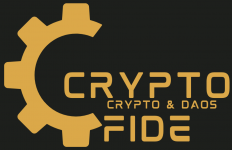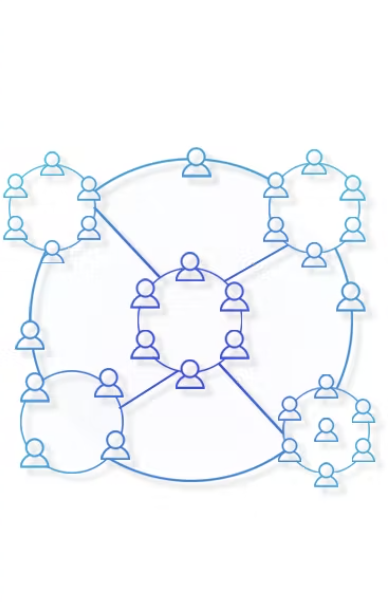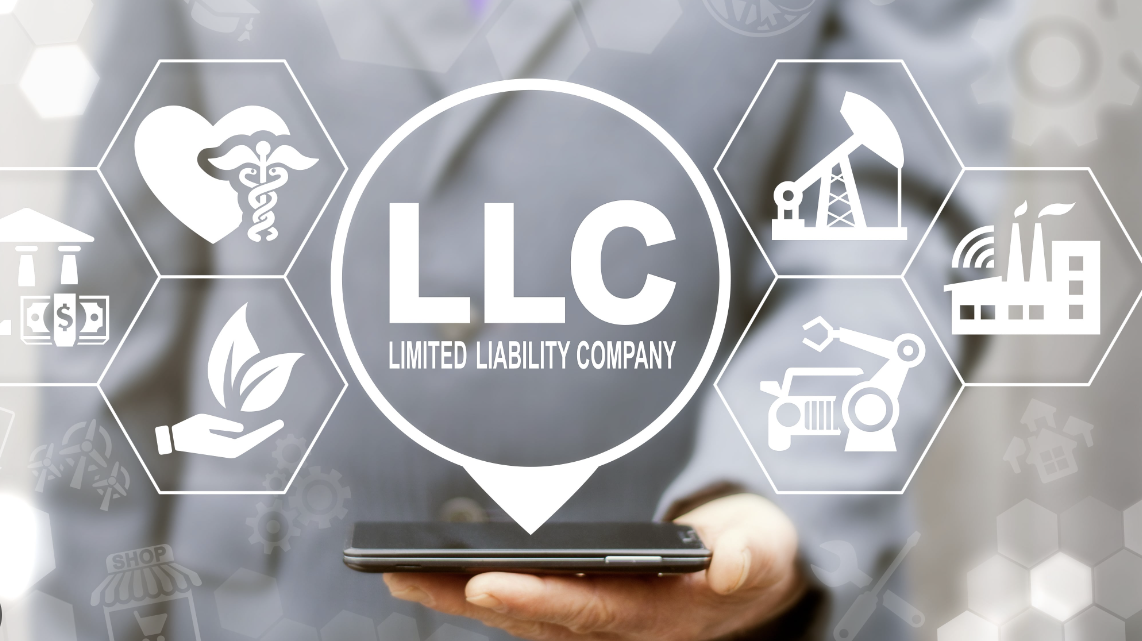
DAOs Comparison
An overview of how DAOs fare when compared to other organisations that you can then use to determine if creating a DAOs for your company is the right decision for you.


DISCLAIMER: This deliverable constitutes student research as part of coursework for LITE Lab@HKU and nothing contained should be construed nor relied upon as legal advice by HKU nor its students nor instructors.
A comparison of DAOs and Traditional LLCs
The below table is a comprehensive comparison between DAOs and Traditional Structures like LLCs that can inform a decision on whether DAOs are suitable.
DAO
Traditional LLCs
Organisational structure
Flat and democratic in proportion to tokens held.
Hierarchical system of designated management roles.
Decision making
Two part system of members making proposals and voting on them, with decisions voted on by the group automatically enacted.
Usually no proposal/approval system; levels of authority are designated to individuals giving them the corresponding exclusive decision making power.
Voting system
Voting (decision making) system operates automatically without the need for any intermediary to be given a supervisory role; smart contract provides automatic rules for making proposals and voting on them, with decisions voted on by the group automatically enacted. The code is always visible, so transparent voting system is transparent and certain.
Any kind of voting system rare in LLCs; in other non-DAOs like co-operatives, there is a need for a intermediary given power to manage the voting and tally the votes.
Operation/ activity
All operational actions of a DAO decentralised and occur automatically based on the smart contracts and voting system (provided by the smart contract).
Activity is centralised and requires human oversight in enacting it.
Transparency
Public and transparent by virtue of operating through blockchain smart contracts which anybody can read.
Mostly private, with transparency and availability of information to the public only provided by legal obligations. Company employees are entrusted with the responsibility of complying with those legal obligations which makes any information given intrinsically uncertain.
Pros & Cons of DAOs
The table is an analysis of the pros and cons of the DAO model, which can be used to weigh the merits of adopting the DAO structure for a given use case.
Features
Pros
Cons
No designated decision makers
The advantages of this are the advantages of decentralised governance in general. Decisions made are the result of all members. No member is given more inherent decision making power than others (although voting power is based off tokens held however this does not undermine the point as tokens are financial investment which can be made freely). It is therefore ensured that every decision made will be in the collective interest of the group.
The lack of any designated decision-making authority has disadvantages relating to the fact that no decision can be made without the collective group voting on it. Making proposals and voting on them takes time and so the speed of decisions will be impacted. Furthermore, having a designated decision maker can prevent operational paralysis and resolve conflicting views.
The other main advantage of designating decision-making power is that the individuals given authority to make decisions can be selected based on their competency and their dedicated role means they can invest more time in the organisation’s management. By extension, they are able to be in a position to stay well informed of developments relating to the organisation’s interests and keep track of the different elements of the business. The result is that the organisations decision will be informed and effective.
Transparency
The fact that every action of a DAO happens on the blockchain and is visible by everyone means that decisions can be scrutinised by members and the group can keep its collective interests in check. Furthermore, transparency provides conditions where deception and dishonest activity is impossible, ensuring the integrity of decision making and motivating all members to act in the best interest of the group.
Business matters which would be desirable to keep private will be available publicly at all times. This may be detrimental to strategy and limit the viability of DAOs to be effective for certain sensitive areas of business activity.
Digital platform
The increasing prevalence of remote working and the availability of tools which allow business to run entirely digitally significantly benefit the effectiveness of DAOs given that their operation is entirely digital and remote. People from anywhere in the world can participate in a DAO, allowing DAO projects an unlimited capacity to receive support and grow. Its success is therefore less contingent on initial financial backing and local market conditions and has virtually unlimited potential to gain traction and succeed from community interest alone. The result of this is that a valuable use case alone is enough for DAO to work. Scaling is natural and business strategy is less important.
There are security concerns with having an entirely digital organisation. The lack of centralised governance supported by legal rules leaves the entire basis of a DAO’s functionality, the coded smart contract rules. Since its operation is automatic, any technical vulnerabilities can therefore be fatal.
© 2022 All Rights Reserved.